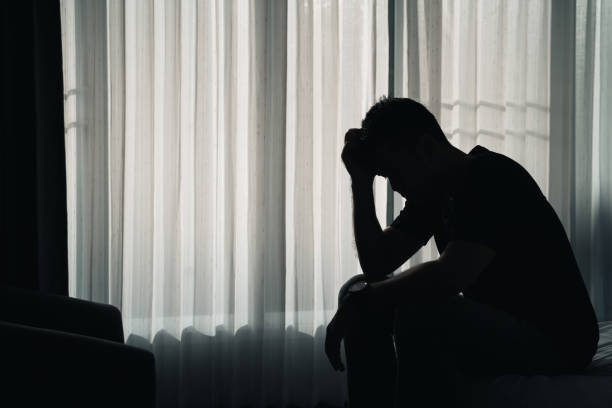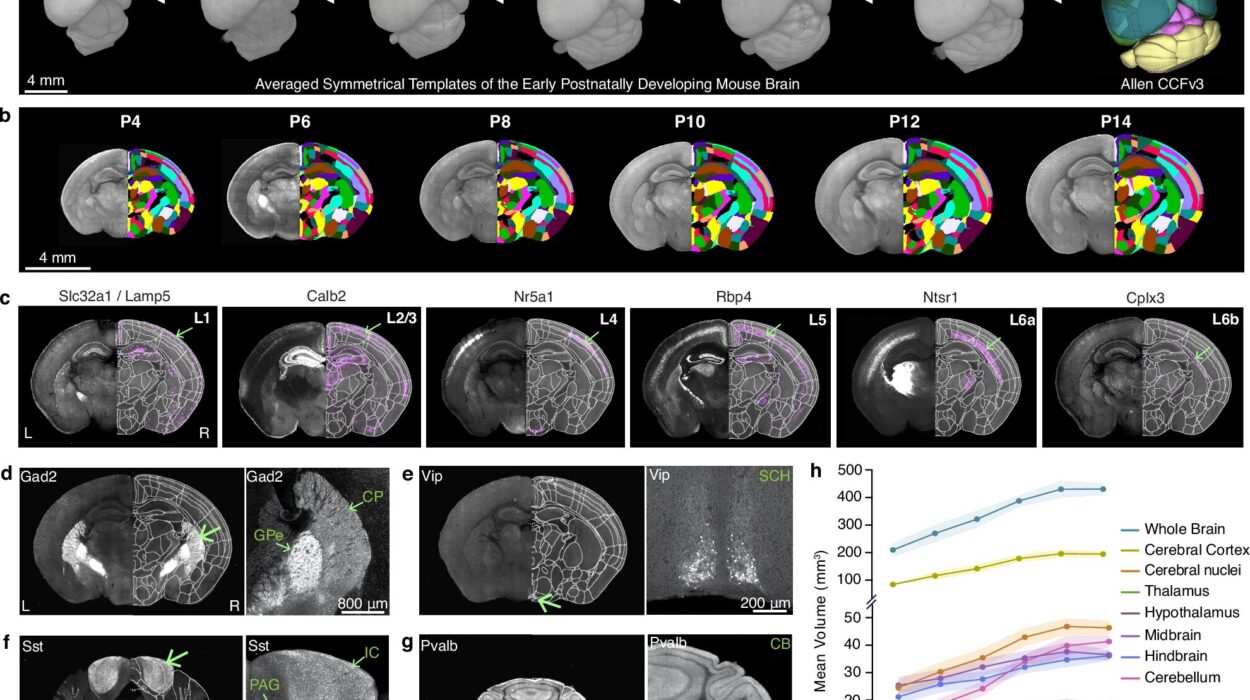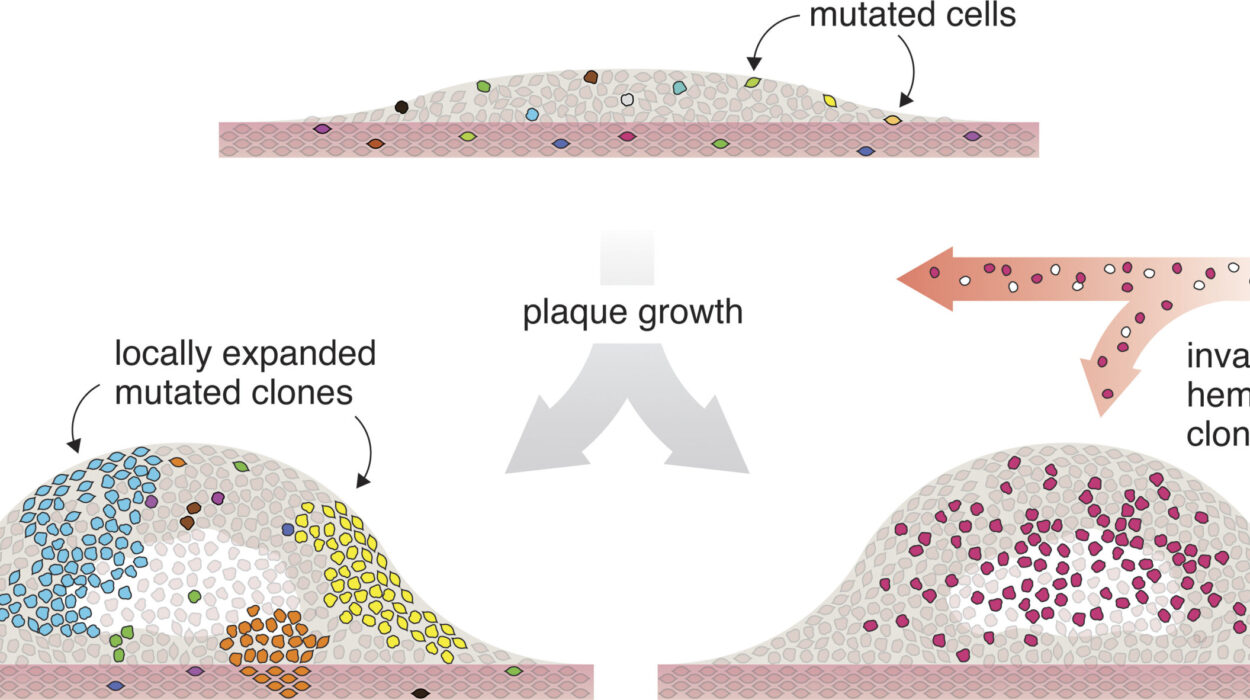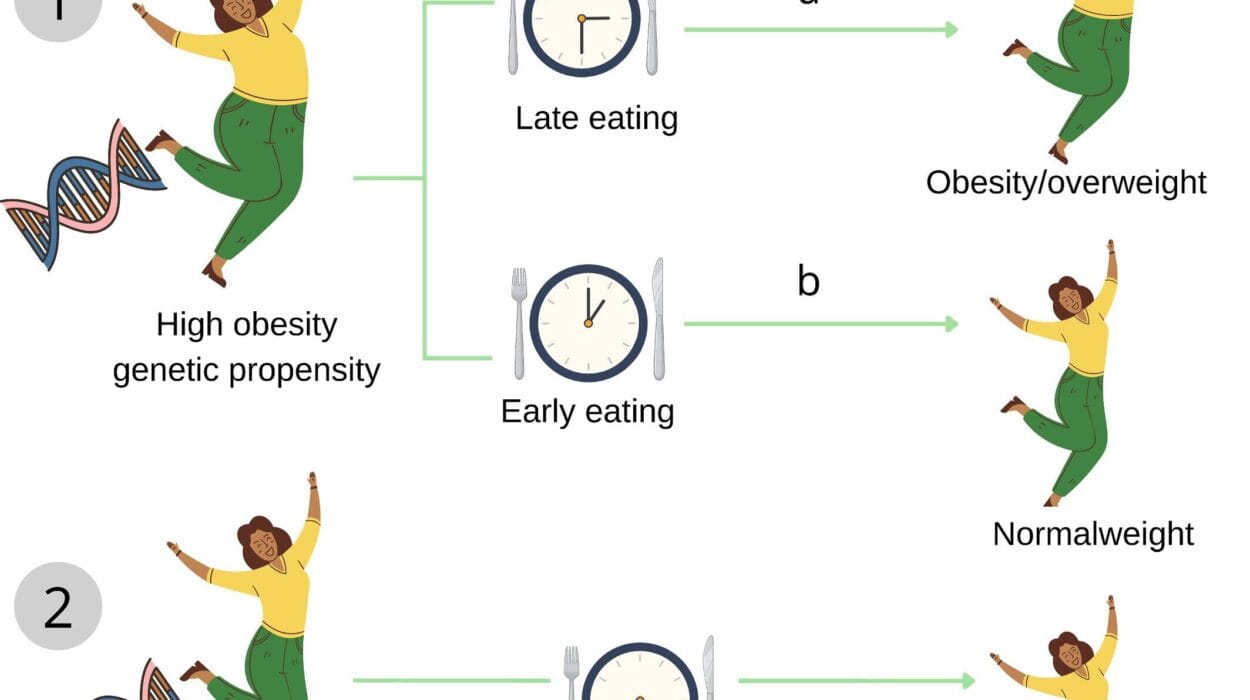When we talk about health, conversations often revolve around physical fitness, nutrition, or the latest medical breakthroughs. But beneath the surface lies a quieter, often unspoken reality: men’s mental health. For generations, men have been conditioned to embody strength, resilience, and stoicism. They are encouraged to be providers, protectors, and problem-solvers—roles that leave little room for vulnerability. As a result, countless men silently wrestle with depression, anxiety, trauma, or loneliness, all while feeling they must wear an unbreakable mask.
The silence around men’s mental health has devastating consequences. Across the globe, men are significantly less likely than women to seek help for psychological struggles, yet they are more likely to die by suicide. The question, then, is not whether men struggle with mental health—it is why they suffer in silence and how we can break that silence. To explore men’s mental health is to confront culture, biology, society, and deeply ingrained norms about masculinity.
Understanding the Landscape of Men’s Mental Health
Men’s mental health is shaped by a complex interplay of biological, psychological, and social factors. On a biological level, men and women share most of the same risk factors for mental illness—imbalances in neurotransmitters, genetics, hormonal fluctuations, or brain chemistry. But the way mental health manifests and is expressed often differs.
For example, depression in men does not always present as sadness or tearfulness. Instead, it may show up as irritability, anger, risk-taking, or substance use. Anxiety may manifest as restlessness or obsessive focus on work and achievement. These differences mean that men’s mental health struggles often go unrecognized by loved ones, and even by healthcare providers.
Social conditioning plays an equally powerful role. From childhood, many boys are told to “man up,” “be tough,” or “don’t cry.” Vulnerability is framed as weakness, and emotional expression is discouraged. Over time, this emotional suppression becomes internalized, creating adults who feel shame when admitting to mental struggles. This is compounded by societal expectations that men must be strong, reliable, and in control at all times.
The Weight of Masculinity
Masculinity, as traditionally defined, is often both a source of strength and a burden. On the one hand, traits such as courage, determination, and resilience can serve men well. On the other, rigid definitions of masculinity can trap men in silence.
The concept of “toxic masculinity” has been widely discussed in recent years—not to demonize men, but to describe cultural norms that are harmful. When masculinity is narrowly defined by aggression, dominance, emotional suppression, and self-reliance, it leaves little space for men to be authentic or vulnerable. Men who fear being judged as weak often bottle up their emotions, leading to isolation and inner turmoil.
This cultural script not only harms men but also shapes how society responds to them. Men who express emotional distress may be dismissed or ridiculed, reinforcing the idea that silence is safer than openness. Thus, masculinity can become a double-edged sword—providing identity and pride while also silencing cries for help.
The Numbers Behind the Silence
Statistics paint a stark picture of the crisis in men’s mental health. In most countries, men die by suicide at rates two to four times higher than women. In the United States, for instance, nearly 80% of all suicides are men. Depression, anxiety, and substance abuse disorders are common among men, yet underdiagnosed.
One reason for this gap is help-seeking behavior. Studies consistently show that men are less likely to reach out to mental health professionals, less likely to talk openly with friends or family, and less likely to acknowledge emotional struggles. Instead, many turn to coping mechanisms that mask the problem—alcohol, drugs, overwork, or reckless behavior.
The stigma surrounding men’s mental health does not only exist on an individual level. Healthcare systems, workplaces, and even policies often overlook men’s unique mental health needs. Awareness campaigns historically focused more on women’s health, while men’s struggles remained in the shadows. Only recently has society begun to confront this imbalance.
Men and Depression: A Hidden Epidemic
Depression in men is one of the most underrecognized conditions in modern medicine. While women are more likely to be diagnosed with depression, men are less likely to admit they are struggling. Instead of the stereotypical signs—crying, sadness, withdrawal—men’s depression often manifests in less obvious ways.
Some men express their pain through anger or irritability. Others immerse themselves in work, using productivity as a shield against despair. Still others turn to substances, gambling, or risky behavior, seeking temporary relief from internal suffering. These “masked” symptoms mean that depression in men can go undiagnosed for years, sometimes until a crisis—such as job loss, divorce, or a suicide attempt—forces recognition.
The tragic irony is that depression is treatable. With therapy, medication, lifestyle changes, and support, countless men could find relief. But the silence prevents intervention, and too many men suffer unnecessarily.
Anxiety, Stress, and the Pressure to Perform
Beyond depression, anxiety and stress take a heavy toll on men’s mental health. Modern life places immense pressure on men to succeed professionally, provide financially, and maintain control over their lives. In reality, economic instability, job insecurity, and social changes have made these expectations harder to fulfill.
Men with anxiety may experience constant restlessness, racing thoughts, or physical symptoms like heart palpitations and tension. But again, they may mask these feelings, channeling them into overwork or irritability. Many men also feel that admitting anxiety contradicts the image of being confident and in control.
Stress, too, plays a critical role. Chronic stress increases the risk of heart disease, hypertension, diabetes, and other physical illnesses. It also fuels mental health disorders, creating a cycle in which the body and mind are both under siege.
The Role of Trauma
Trauma is another hidden force shaping men’s mental health. Men experience trauma in many forms—childhood abuse, military combat, workplace accidents, or exposure to violence. Yet trauma in men is often minimized or ignored. Soldiers returning from war, for example, may be praised for bravery while silently battling post-traumatic stress disorder (PTSD). Men who survive abuse may feel ashamed to disclose their experiences, fearing they will not be believed or will be perceived as weak.
PTSD in men can manifest as nightmares, hypervigilance, emotional numbness, or explosive anger. Without proper treatment, it can erode relationships, careers, and self-worth. Acknowledging trauma and creating safe spaces for men to heal is essential for breaking the silence.
Men, Relationships, and Emotional Connection
Human beings are social creatures, and relationships are central to mental health. Yet men often struggle with emotional intimacy, not because they lack the capacity for it, but because they are discouraged from practicing it. Many men are raised without models of healthy emotional communication, leading to difficulties expressing feelings in adulthood.
This can strain romantic relationships, friendships, and even parenting. Men may feel isolated, misunderstood, or disconnected. Ironically, the very support networks that could help them cope are weakened by the inability to open up.
Research shows that strong social connections are protective against mental illness and suicide. Men who have trusted friends or supportive partners are more likely to recover from depression and less likely to engage in self-destructive behaviors. Thus, fostering emotional connection is not a luxury—it is a necessity for men’s mental health.
Work, Identity, and Mental Health
For many men, work is not just a means of survival but a cornerstone of identity. Being employed, achieving success, and providing for family are often tied to self-worth. While work can provide purpose and fulfillment, it can also be a source of enormous stress.
Job loss, underemployment, or workplace discrimination can deeply wound men’s sense of identity. Retirement, too, poses risks as men lose not only income but also a sense of purpose and community. The mental health impacts of work and identity highlight the need for broader societal conversations about what it means to be valuable and fulfilled beyond economic output.
Cultural Differences in Men’s Mental Health
Men’s mental health is not a uniform issue; it is shaped by culture, ethnicity, and geography. In some cultures, traditional roles of masculinity are even more rigid, making it harder for men to express vulnerability. In others, mental illness may be stigmatized as weakness or even spiritual failure.
Immigrant men, for example, may experience unique stressors such as cultural isolation, discrimination, or pressure to succeed in a new environment. Men of color often face systemic inequalities, racism, and lack of access to culturally sensitive healthcare. These layers of identity intersect, creating distinct challenges that cannot be addressed by a one-size-fits-all approach.
Substance Use and Self-Medication
One of the most common coping mechanisms men turn to is substance use. Alcohol, drugs, or even excessive reliance on prescription medications can become ways to numb pain, escape reality, or mask symptoms of depression and anxiety.
But substance use is a double-edged sword. What begins as relief often spirals into addiction, compounding mental health struggles. Alcohol, for instance, is a depressant that exacerbates depression over time. Drugs can alter brain chemistry in ways that make recovery harder. Substance abuse is both a symptom of men’s mental health struggles and a factor that worsens them, creating a dangerous cycle.
The Path Forward: Breaking the Silence
If men’s mental health is in crisis, what can be done? Breaking the silence requires action on multiple levels—individual, social, and systemic. Men must be encouraged to speak openly, seek help, and reject the notion that vulnerability equals weakness. Families, friends, and partners must learn to listen without judgment and create safe spaces for men to share their struggles.
Healthcare providers need better training to recognize how mental illness manifests differently in men. Workplaces must prioritize mental health, not only through employee assistance programs but also by fostering cultures where openness is not penalized. Governments and institutions must invest in mental health services that are accessible, affordable, and tailored to men’s needs.
Above all, we need a cultural shift—a redefinition of masculinity that celebrates not only strength and resilience but also compassion, authenticity, and emotional intelligence. True strength lies not in silence, but in the courage to confront inner struggles and seek support.
A Message of Hope
The story of men’s mental health is not one of despair but of possibility. Around the world, movements are emerging to challenge stigma and encourage men to speak openly. Campaigns such as “Movember,” mental health podcasts, online communities, and grassroots initiatives are giving men a voice. Celebrities, athletes, and leaders are sharing their own mental health journeys, proving that vulnerability does not diminish masculinity—it enriches it.
Every man who speaks out chips away at the silence that has claimed too many lives. Every friend who asks, “How are you, really?” helps build a culture of openness. Every doctor who listens without judgment, every teacher who nurtures emotional literacy in boys, every partner who creates space for honesty—these are the small acts that collectively change the story.
Men’s mental health is not a niche issue. It is a human issue, a family issue, a community issue. When men are mentally healthy, they are better fathers, partners, friends, colleagues, and leaders. Breaking the silence around men’s mental health is not just about saving lives—it is about building a healthier, more compassionate world for everyone.






